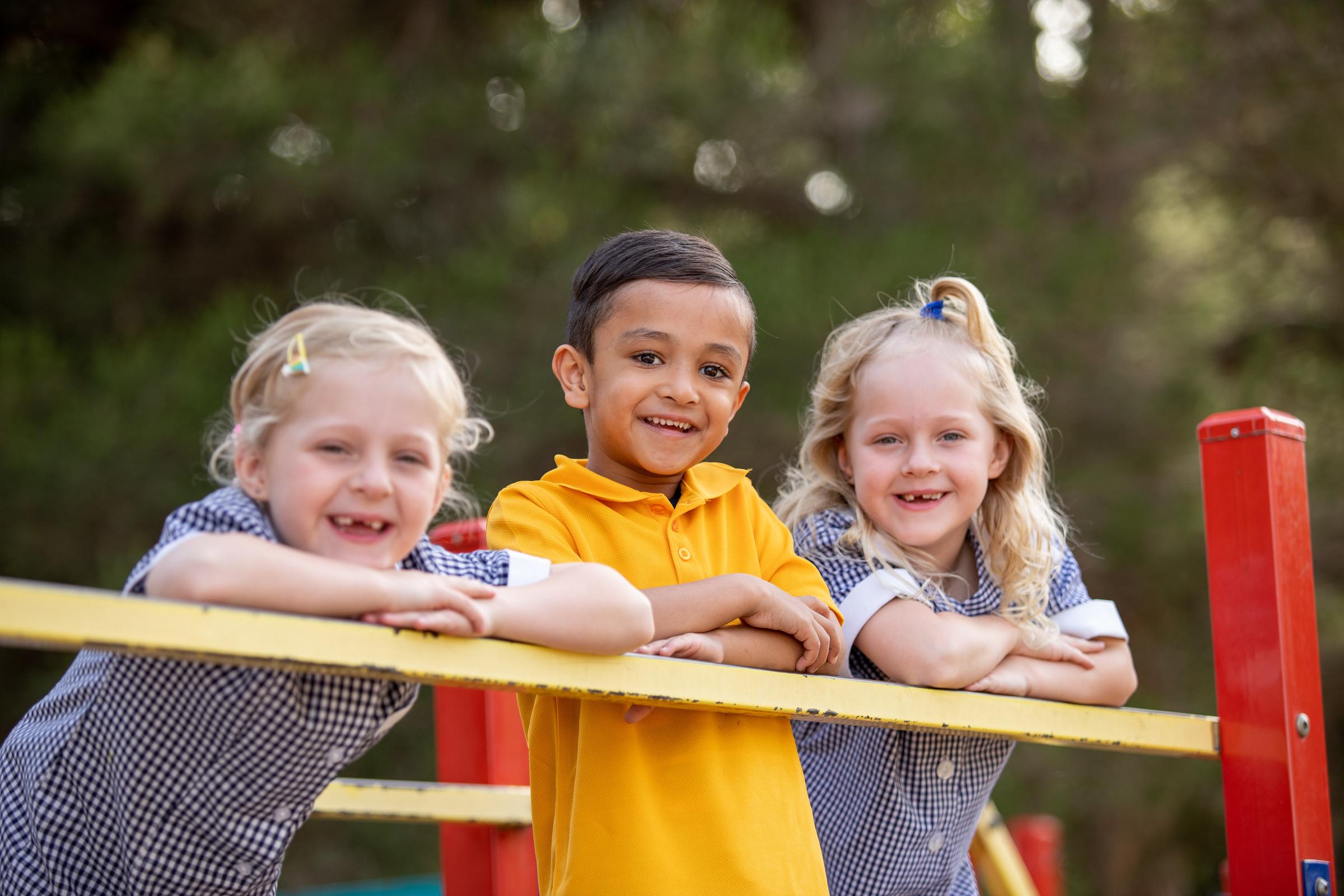Chaplain’s Spot

‘The Importance of Telling our story’
International human rights lawyer, social innovator, author, educator, founder and CEO
Here are some thoughts about the importance of telling our story, from an article written by Flynn Coleman. As a Chaplain, I understand its significance, especially as I invite students [and adults] to share their story with me, and as their story unfolds I ‘walk’ with them as they process what this means for their life. I am also about to publish my memoirs, and so I have understood the power of a story of someone’s life.
“Storytelling is as old as humanity. Our earliest ancestors told stories in pictures on the walls of caves. Stories make us human. They allow us to connect with our world and with ourselves, bringing meaning to our lives. In this sense, storytelling is a form of mindfulness. I spend much of my life immersed in stories.
Why are stories so powerful? They are more memorable than facts. Our brains are wired to respond to stories which help us relate ideas to our own experiences, with richness and texture. Stories bring us into a world of colours, sights, smells and emotions, making us feel as though we are actually living the story.
The greatest stories weave together symbols of our common humanity and our values. Martin Luther King, Jr. didn't just have a few ideas. He had a dream, which he shared. He asked listeners to participate in his vision of a fairer world. John Lennon did the same. He invited us to imagine it with him.
In today's information-saturated society, one of the most valuable skills you can acquire is the ability to tell stories. If you want to be a good storyteller, practice listening to others. A crucial part of good storytelling is empathy, the ability to perceive what others are experiencing, and then forge a connection on that basis.
Storytelling allows us to be present with our experience, and to also draw others into that experience. Ever told a child a story? Laugh or light up your eyes at Dr. Seuss? Or when you were a kid, how excited you were to tell your parents about your hand-crafted macaroni necklace, or your friend about your new tricycle?
We yearn to tell our stories, and to be seen for who we are and what we have survived. But to accept and then tell your authentic story, you need to commit to your own vulnerability, which is actually the origin of your greatest power. Brené Brown, a visionary of this work, has found through her research that:
Owning our story can be hard but not nearly as difficult as running from it. Embracing our vulnerabilities is risky but not as dangerous as giving up on love, belonging and joy; experiences that make us the most vulnerable. Only when we are brave enough to explore the darkness will we discover the power of our light.
We're all imperfect, yet we're all worthy, just as we are. It's beautiful and worth telling. Vulnerability is also the path to our greatest creativity, courage, love, transformation, and connection. It leads us to our purpose, passion and our place in this world. It's how we shine, and how we show others they can shine, too.
Don't diminish your story. Don't hide it. Realize that, no matter who we are, or what has happened to us, our disappointments and struggles can be the most compelling parts of our stories. People will rally around you with love and connection. If you allow it, your wounds can become the source of your greatest gifts. It just takes a shift in your mindset to see the big picture. Mindfulness helps us achieve these radical shifts by helping us have compassion for ourselves and others, giving us confidence to live our stories to the fullest.
The world becomes a better place when we share ourselves with others, letting them into our story. We might discover that we have something in common with someone we once saw as different, or that our vulnerabilities help others to overcome their own fears. Remember, what that other person really wants to hear -- what all of us really want to hear -- is your story.”
Have a great week! Feel free to contact me, if you would like to tell your story.
Fun fact For Kids: Sea sponges are considered the “least evolutionarily advanced” animal on the planet.
Alan Silverwood – Chaplain - Pastoral care for our community. [Monday, Tuesday, Friday]
[alan.silverwood@education.vic.gov.au] Supporting the School community in emotional, social, spiritual and practical wellbeing. The Chaplaincy program is funded by the Federal Government, donations and GRPS School Council.Start typing your article in here
